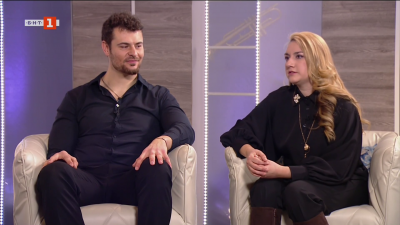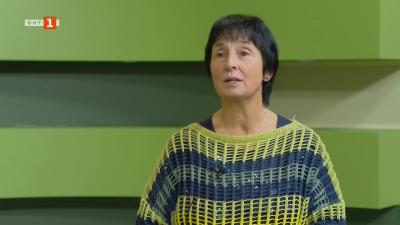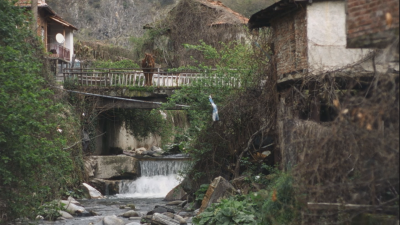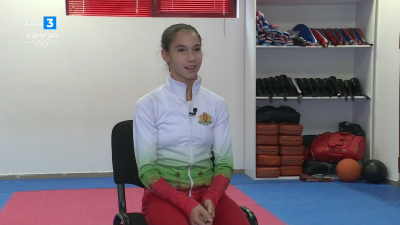Sociologists predict a Parliament of 7-9 groups after October 27 early parliamentary elections
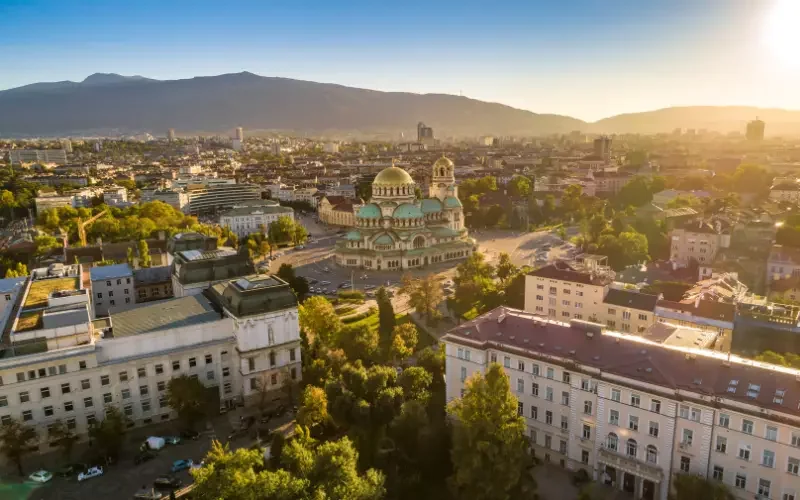
Between 30% and 31% or 2 million people are expected to vote in the early parliamentary elections on October 27, according to the latest survey by Alpha Research polling agency, the results of which were released on September 27. It was conducted between 18 and 24 September among 1,000 adults across the country. It was carried out with own funds. The information was collected through a face-to-face standardized tablet interview at the homes of the respondents. What did the pollsters comment on the final sitting of the 50th Parliament and the expectations from the election campaign?
Blocked parliamentary rostrum, ripped out cables for the sound system and lights turned off - this is how the last day of the 50th Parliament ended shortly before midnight on September 26. The tension came about because of the drafts concerning the mines in the Maritsa Basin, the update of the Climate Neutrality Roadmap, and an amendment to the Recovery Plan in the Low Carbon Economy section. The drafts were not adopted, and the election campaign officially began.

"This was a kind of apotheosis of the inability of this National Assembly to respond to the public responsibility that was given to it by the vote we had a few months ago," Genoveva Petrova - "Alpha Research" commented.
"The most unpleasant thing is not so much that the MPs make propaganda and use the Parliament only for propaganda, but that any conversation with a party member in Sofia will show you that they have started to believe in their own propaganda", said Parvan Simeonov - Gallup International.
Against this backdrop, more than 61% of those polled by Alpha Research say the situation in Bulgaria is extremely worrying, the institutions are not working and there is destabilisation.
"People already feel the problems created by the lack of normally functioning institutions," Genoveva Petrova - Alpha Research said.
"This is a sign of a potential crisis of democracy. The danger is that recipes for new systems will emerge. They simply cannot look at themselves from a different perspective and cannot fulfil their main function of governing," Parvan Simeonov is adamant.

According to the poll, large number of people think that a regular government will not be formed. 40% think that there will be a cabinet.
"The parties do not give voters any reason to believe that after October 27 snap elections they will sit at the negotiating table to form a government. These are factors that discourage people’s participation in the elections," Genoveva Petrova said.
"Three parties will be needed for the next government at least, and when we count them in terms of seats in Parliament, we will see that it will not be easy," Simeonov said.
Nearly 52% of respondents think it is best if a broad coalition is formed. 43% prefer a coalition around one leading political force. Pollsters expect a colourful, fragmented parliament consising of 7 to 9 parties.
"If the trend of low turnout persists, we know that this means a lower number of votes needed to pass the 4% electoral threshold - something we also observed in June and an opportunity for different parties, especially those with some form of protest vote, to pass this threshold," Genoveva Petrova stressed.
"I saw another poll this morning where a radical formation comes in second place. This, in turn, could be additional solder to make some kind of government," Simeonov said.
The Alpha Research poll was conducted between September 18 and 24 with its own funds,among 1,000 adults from across the country. The information was collected through a face-to-face standardized tablet interview at the homes of the respondents.
Get the latest news wherever you are!
Follow us on
Facebook
and
Instagram
Follow BNT’s YouTube channel
You can now also watch us on
TikTok
Find us on
Google News








